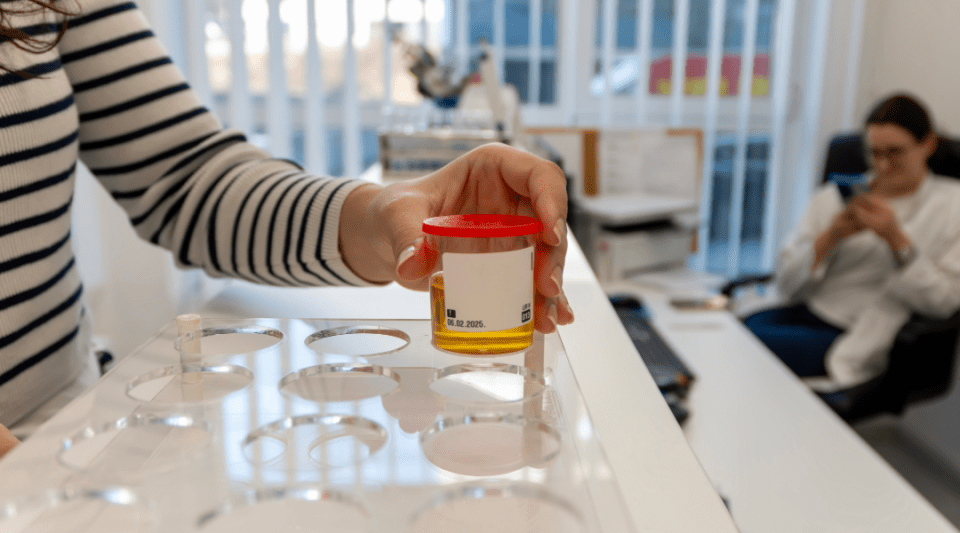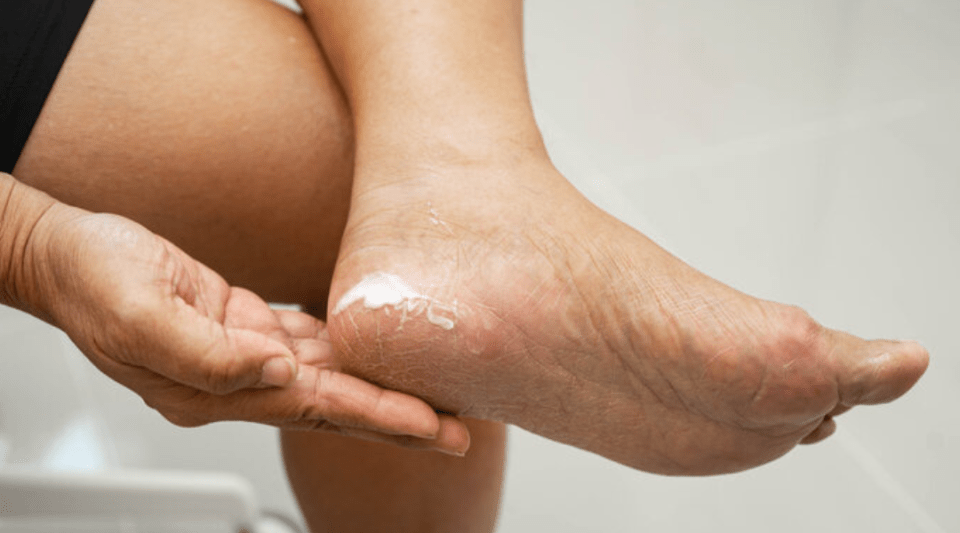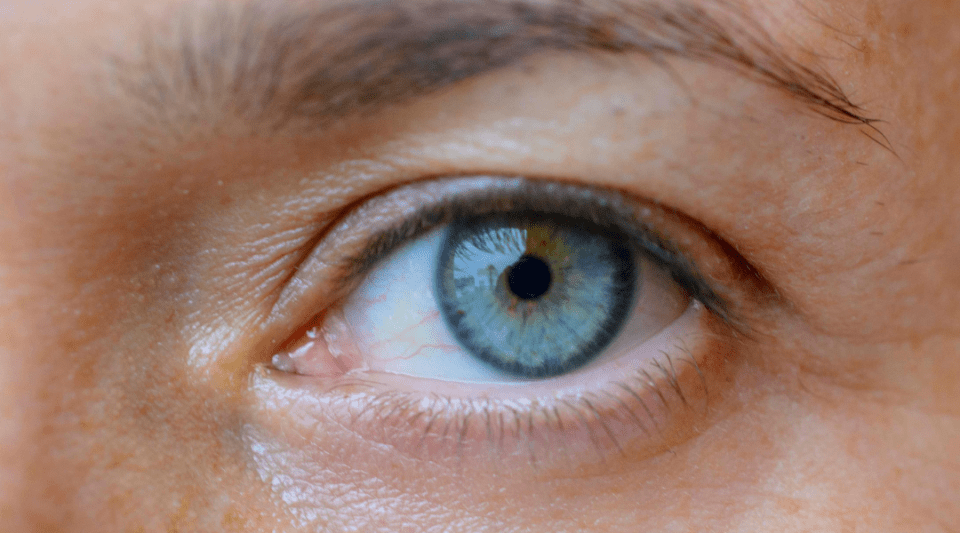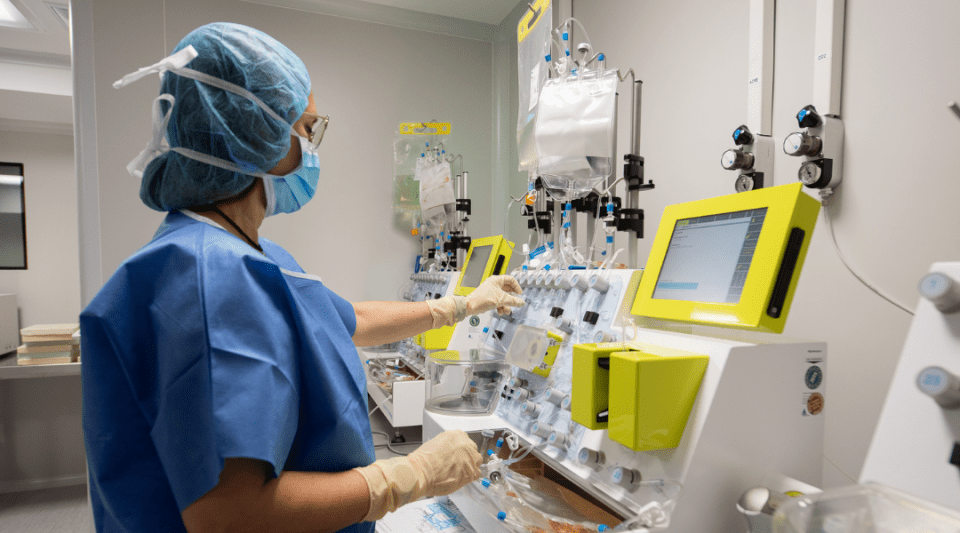What is chronic kidney disease?
CKD is progressive, persistent damage to the kidneys or a decrease in their function for at least three months. The kidneys are key organs that filter blood, remove toxins, regulate blood pressure and produce hormones.
The main indicators of the disease are:
-
Glomerular filtration rate (GFR) below 60 ml/min/1.73 m².
-
Proteins in the urine (proteinuria), especially albumin.
When the kidneys fail, waste accumulates in the body, which can cause anaemia, bone disorders, cardiovascular disease and eventually require dialysis or a transplant.
The silent disease
CKD does not usually have symptoms in its early stages. The damage may already be considerable by the time a diagnosis is made. So early detection is essential; giving time for intervention to slow down the disease and improve quality of life.
Risk factors
Anyone can develop CKD, but certain factors increase the risk:
-
Diabetes and high blood pressure: responsible for over 70% of cases.
-
Family history of kidney disease.
-
Obesity, which increases stress on the kidneys.
-
Age, since renal function declines with time.
-
Smoking, which worsens vascular and renal health.
Anyone with any of these factors must have regular check-ups.
Diagnosis: simple and accessible
Detecting CKD is not difficult, but it requires preventive testing:
-
Blood analysis, to estimate GFR.
-
Urine analysis, to detect proteins.
A diagnosis is confirmed if aberrant results are found for at least three months.
Can it be prevented or treated?
Yes. Although it is not always reversible, CKD can be prevented or slowed by:
-
Healthy eating, with low salt and sugar.
-
Adequate body weight.
-
Regular physical activity.
-
Avoiding smoking and excessive alcohol intake.
-
Monitoring blood pressure and glucose.
-
Responsible use of medicines, especially painkillers.
Treatment for diagnosed patients includes specific drugs, associated disease control and constant medical monitoring.
Impact on public health
As well as affecting those who suffer from it, CKD is also a significant burden on healthcare systems. Kidney dialysis and transplants are expensive and prolonged. Therefore, investing in early prevention and diagnosis is essential, both for the health of individuals and the sustainability of the health system.
A call to action
Around one in every ten adults has CKD, and most are unaware of it. This requires an urgent response from health authorities and professionals as well as the public. Promoting healthy lifestyles, improving access to diagnostic tests and raising awareness about the disease are key steps to confronting this problem.
Taking care of your kidneys is taking care of your health. Early detection can prevent serious complications.
INFORMATION DOCUMENTED BY:
Dr Lida Rodas, nephrologist and Sergi Aragó, nurse. Nephrology Department, Clínic Barcelona.






